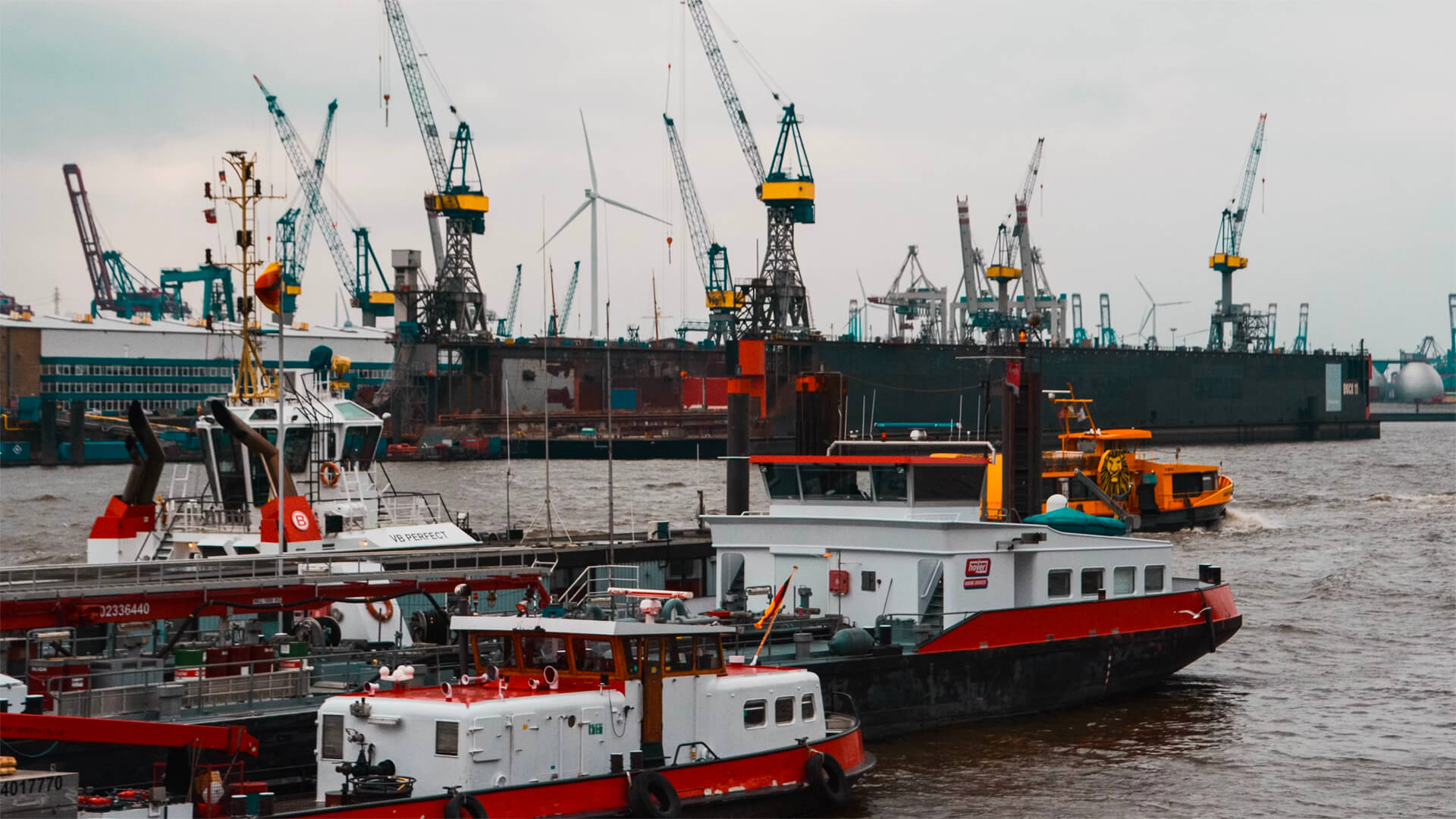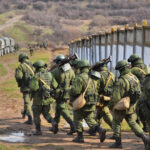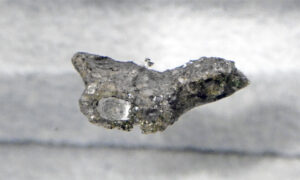The US is blessed with one of the most prolific water networks in the world, yet it operates at sub-optimal levels. You’ve all heard my thoughts on the Jones Act, so you can probably guess where the blame falls once again.
Something will have to change as the US reshores its industry and attempts to build out its manufacturing footprint. Thankfully, reviving water transport in the US is a low-hanging fruit. All it requires is some amendments to the Jones Act and its regulations on waterborne commerce.
If we can manage that, we’ll all enjoy some nice economic growth thanks to reduced product transport costs and a boost to US manufacturing.
Here at Zeihan On Geopolitics we select a single charity to sponsor. We have two criteria:
First, we look across the world and use our skill sets to identify where the needs are most acute. Second, we look for an institution with preexisting networks for both materials gathering and aid distribution. That way we know every cent of our donation is not simply going directly to where help is needed most, but our donations serve as a force multiplier for a system already in existence. Then we give what we can.
Today, our chosen charity is a group called Medshare, which provides emergency medical services to communities in need, with a very heavy emphasis on locations facing acute crises. Medshare operates right in the thick of it. Until future notice, every cent we earn from every book we sell in every format through every retailer is going to Medshare’s Ukraine fund.
And then there’s you.
Our newsletters and videologues are not only free, they will always be free. We also will never share your contact information with anyone. All we ask is that if you find one of our releases in any way useful, that you make a donation to Medshare. Over one third of Ukraine’s pre-war population has either been forced from their homes, kidnapped and shipped to Russia, or is trying to survive in occupied lands. This is our way to help who we can. Please, join us.
Transcript
Hey everybody. Peter Zeihan here. Coming to you from Milwaukee, where I’m doing a little street hiking along the Kinnickinnic river, which is, you know, say that five times fast. This used to be one of the great industrial heartlands of the United States. Big into steel. Big into heavy manufacturing. And the reason was because of what’s right here next to me.
Moving things on water is about 1/12. The cost of moving them by land and courtesy of in the Air and the nearby Lake Michigan. Milwaukee, just like Chicago, just like Oshkosh and Green Bay, were part of a broader transport network that included the entirety of the Upper Midwest, of the United States and the New England States and the Mid Atlantic states.
Basically from here in Chicago. You can take your local rivers and canals out to the Great Lakes, go through the Great Lakes until you get to Erie, and then you’ve got two choices. You can either take the Mohawk River, Erie Canal and Hudson to New York direct, or you can go the long way, which goes through Quebec and Ontario in order to reach the Atlantic Ocean.
That’ll loop back around. From New York, you go south through the barrier islands system all the way to Miami from Miami. You can go through the barrier island systems all the way to Matamoros or you can hit New Orleans and go up the Mississippi River and go all the way back up to Chicago via canal that links into the Illinois River.
It’s the great circle of North America and it has long been one of the great manufacturing zones of the world until about 1920. And then in 1920 as part of it, discretionary, protectionist system, the United States put in place a law called the Jones Act, which says that any cargo transported on any vessel that goes between any two American ports has to be on a vessel that is American owned, captain, crewed and built.
And over the course of the next century, we saw cargo transport on America’s waterways drop by 97, 98%, something like that. Anyway, so we basically taken what has been the world’s most beneficial old natural geographic feature from an economic point of view and crushed it into irrelevance. Now that we are entering an environment where the United States wants to double the size of its industrial plant in the aftermath or the soon to be aftermath of the European and especially Chinese failures, we need to start thinking a little bit differently, and that means we need to start looking for things that are very, very, very low hanging fruit.
In this case, that means getting the waterways back up and running again. Because when you think about the sort of manufacturing that the United States traditionally is not good at things like electronics, it’s largely because you have different price points for different types of work. The person who does injection molding is not the same as the person who does the coding for the wires and not the same who does the software work.
You need multiple skill sets in different places, and if you can drop the transport costs for getting those intermediate products among those places, well then you’re looking at something pretty special. And we actually have that built into the American heartland itself just requires changing one law, not abolishing change. Part of the Jones Act, the Interstate Commerce Act, if you will, is about regulating commerce among the states on the water.
And some of that we still need we clearly need a national regulator. But the rest of it really, honestly can go away. And if you think that this is a nationalist issue, that, you know, we should have this all in American hands, consider that we don’t do that for truck and we don’t do that for rail and we don’t do that for air only for water, only for the thing where we have a massive geographic advantage.
So if you’re looking for a quick and easy way to stimulate economic growth in Wisconsin, in Illinois, in New York, anywhere in New England, anywhere in the South, anywhere in the Midwest, this is the low hanging fruit. All we have to do is get out of our own way.









